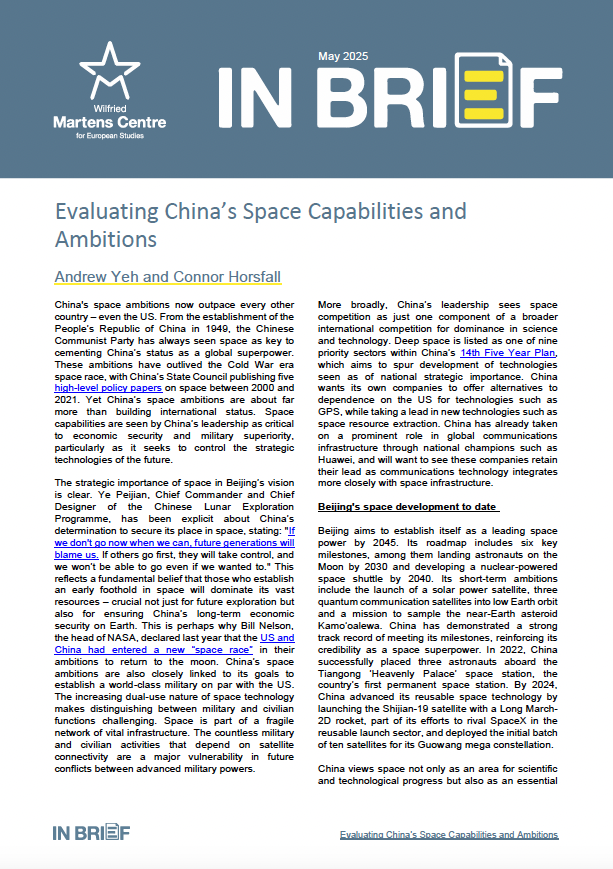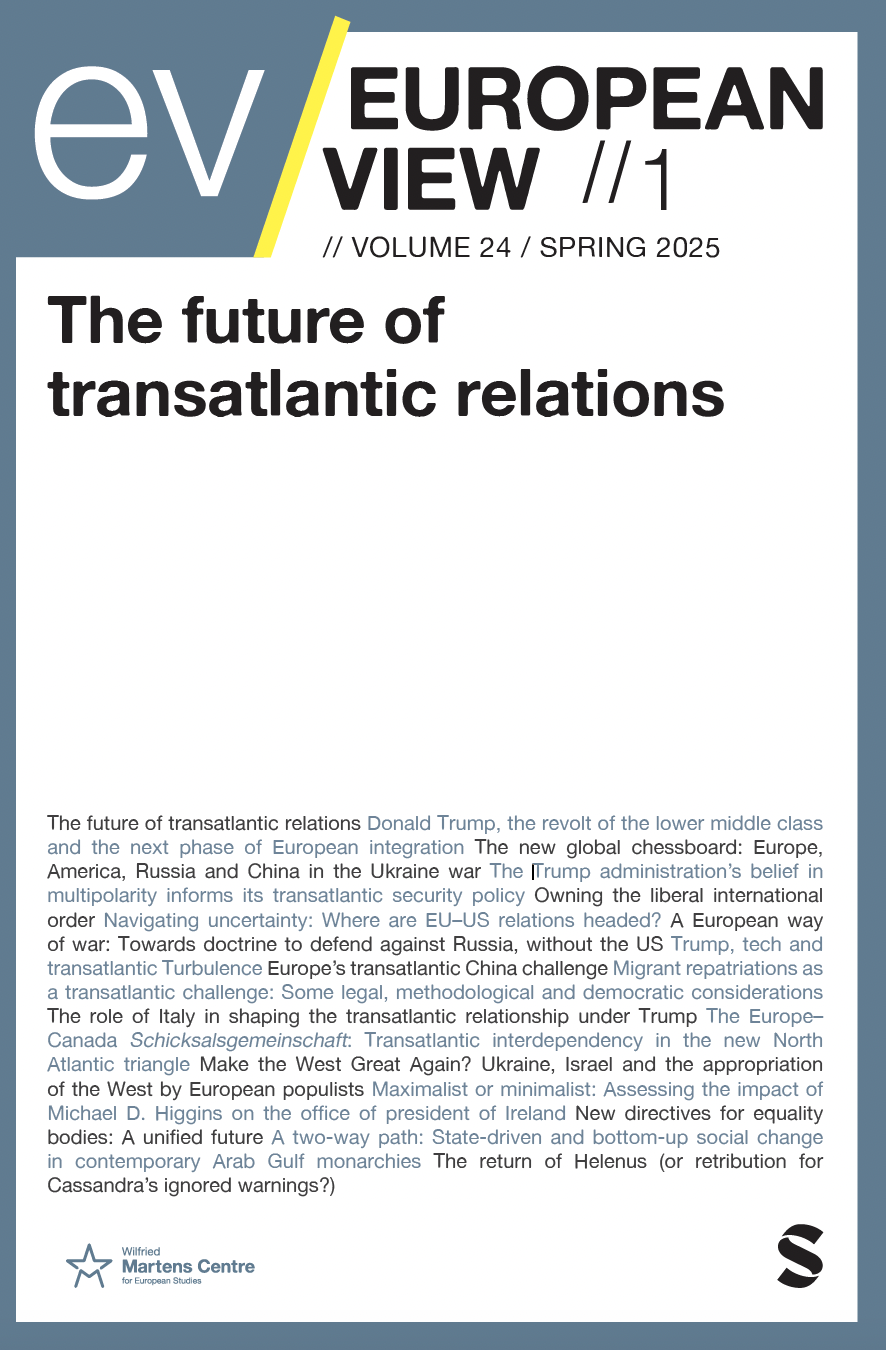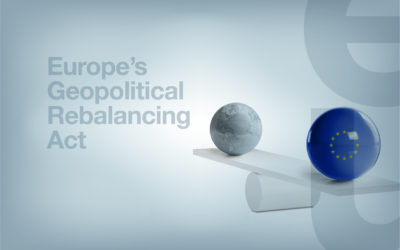Are there formulas for successful diplomatic agreements?
19 December 2016
The existence of natural panaceas or silver bullets in diplomatic agreements is currently under examination. Diplomacy has evolved from the classical theories of the seventeenth and eighteenth centuries, which stressed the importance of objective factors, to modern ideas that highlight the human element as well.
This explains why finding generalised models in diplomatic arrangements was easier in the old forms of diplomacy than in its more modern counterparts. Diplomatic agreements have become increasingly complex, covering many fields beyond conflict in the traditional sense. The Dayton Accords and Minsk Agreements are good examples of this.
This complexity hampers our ability to find a universal formula which can work for all diplomatic situations and agreements. For some scholars a settlement must produce a set of arrangements that lasts for generations, demonstrating robustness and permanence, while for others, the measurement of success is based on the ability of the agreement to meet initial expectations.
Read the full article in the December 2016 issue of the European View, the Martens Centre policy journal.
ENJOYING THIS CONTENT?






















